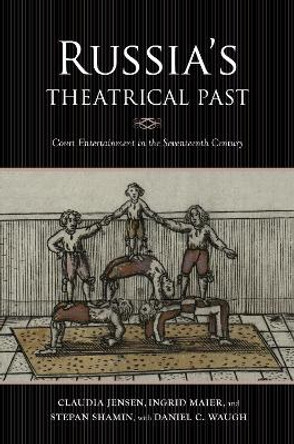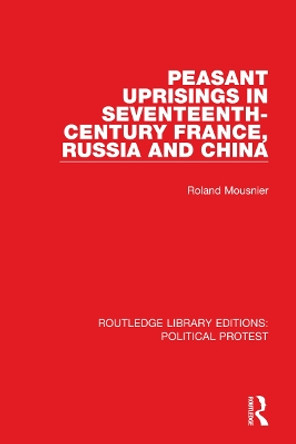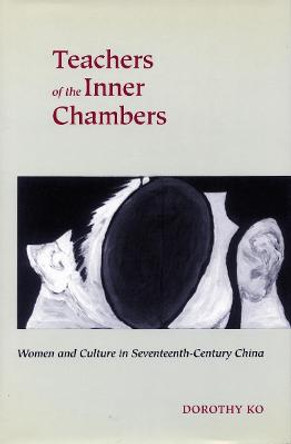Description
During the Manchu conquest of China (1640s-1680s), the Qing government mandated that male subjects shave their hair following the Manchu style. It was a directive that brought the physical body front and center as the locus of authority and control. Feeling the Past in Seventeenth-Century China highlights the central role played by the body in writers' memories of lived experiences during the Ming-Qing cataclysm. For traditional Chinese men of letters, the body was an anchor of sensory perceptions and emotions. Sight, sound, taste, and touch configured ordinary experiences next to traumatic events, unveiling how writers participated in an actual and imagined community of like-minded literary men.
In literature from this period, the body symbolizes the process by which individual memories transform into historical knowledge that can be transmitted across generations. The ailing body interprets the Manchu presence as an epidemic to which Chinese civilization is not immune. The bleeding body, cast as an aesthetic figure, helps succeeding generations internalize knowledge inherited from survivors of dynastic conquest as a way of locating themselves in collective remembrance. This embodied experience of the past reveals literature's mission of remembrance as, first and foremost, a moral endeavor in which literary men serve as architects of cultural continuity.
About the Author
Xiaoqiao Ling is Associate Professor of Chinese at Arizona State University.
Reviews
Carefully structured, consistently argued, and elegantly written, Feeling the Past certainly piques [the] reader's interest in and advances our understanding of the traumatic Ming-Qing dynastic transition as well as the literati's lived experiences and memory of the trying times. -- Jun Fang * Canadian Journal of History *
A powerful account that effectively prompts us to relive the pain and suffering of those embroiled in the bloody and chaotic dynastic transition occurring five hundred years earlier...If drawing attention to bodily sensations-experienced as well as remembered-is her goal, then Ling has surely achieved it quite successfully. -- Q. Edward Wang * Chinese Historical Studies *
The strength of Ling's book is surely in its fine translations and detailed exploration of the trauma literature of the second half of the seventeenth century in China, forming a worthy successor to the work of Lynn Struve that first introduced the works of Ding Yaokang and Wang Xiuchu to nonspecialists on the era. -- David Luesink * China Review International *
Book Information
ISBN 9780674241114
Author Xiaoqiao Ling
Format Hardback
Page Count 358
Imprint Harvard University, Asia Center
Publisher Harvard University, Asia Center










